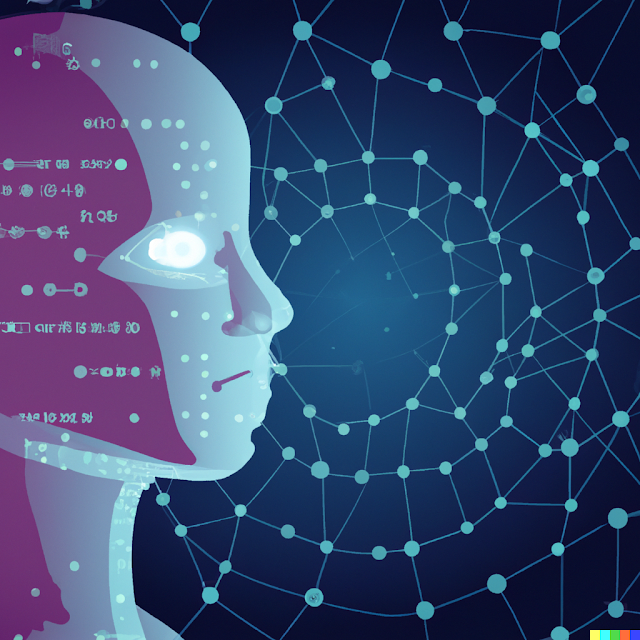The Rise of AI - Unlocking New Possibilities and Overcoming Limitations
Artificial intelligence (AI) is transforming the world as we know it. From self-driving cars to personalized medicine, AI is unlocking new possibilities and revolutionizing entire industries. But what makes AI so powerful, and how can we ensure that we use it to its fullest potential?
At its core, AI is a sophisticated tool that can process vast amounts of data and provide us with insights that would be impossible to uncover on our own. Just like we trust calculators to give us accurate answers, we can rely on AI to provide us with the right information if we know what we need and ask the right questions. With its robust system and logic, AI can quickly process stored data and give us the answers we seek.
However, we must also be mindful of the limitations of AI. While it can provide us with insights and recommendations, it is not infallible and can make mistakes if the input data or programming is incorrect. It's also important to be aware of potential biases in the data, as AI can only learn from the data it is fed. If that data is biased, the results will be biased as well.
But these limitations don't mean we should give up on AI. On the contrary, we should approach AI with a critical and curious mind. We must ask ourselves: what are the questions we want to answer? What data do we need to provide to AI to get the answers we want? And most importantly, how can we ensure that the data we feed into AI is accurate, diverse, and representative of the world we live in?
One exciting example of how AI is being used to overcome limitations is in healthcare. With its ability to process large amounts of patient data and identify patterns and trends, AI is helping doctors and researchers develop personalized treatments that can improve patient outcomes. For example, AI algorithms can analyze genetic data to identify mutations that may increase a patient's risk of developing certain diseases, allowing doctors to develop targeted prevention and treatment plans.
Another exciting example of AI's potential is in the field of education. By using AI-powered tools, teachers can gain insights into their students' learning styles and adapt their teaching methods accordingly. For example, AI-powered chatbots can provide students with personalized feedback on their homework and help them identify areas where they may need extra support.
But as with any powerful tool, it's essential to use AI in a way that aligns with our values and enhances our collective well-being. We must remember that AI is not a substitute for human judgment or empathy. Ultimately, it's up to us to use AI in a way that enhances our lives and makes the world a better place.
To bring it all together, AI is a powerful tool that is transforming the world as we know it. By approaching AI with a critical and curious mind, we can unlock new possibilities and overcome limitations. Whether it's in healthcare, education, or any other field, AI has the potential to revolutionize the way we work, learn, and live. But we must also be mindful of its limitations and potential biases, and use it in a way that aligns with our values and enhances our collective well-being.

